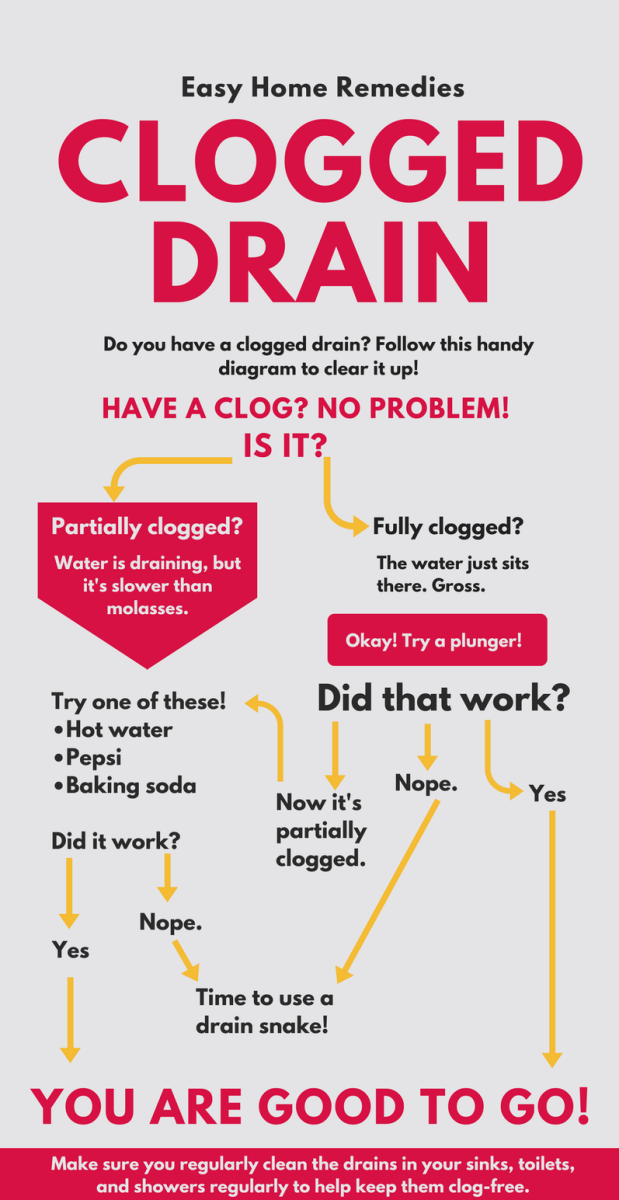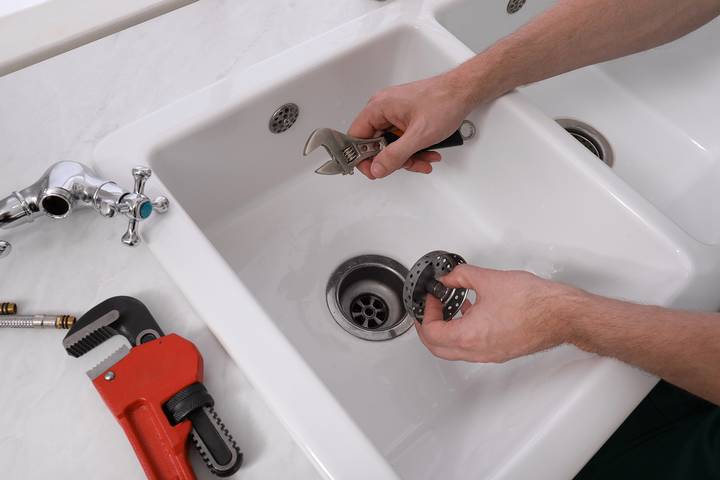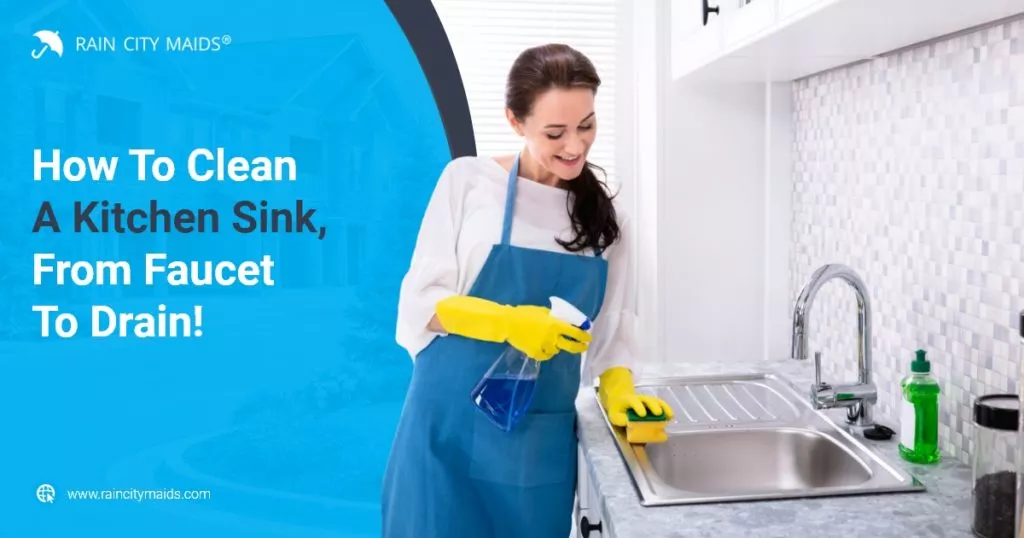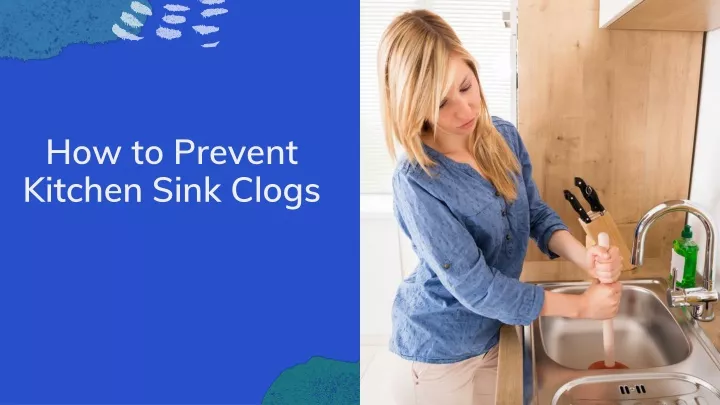Dealing with a kitchen sink that is overflowing with water can be a frustrating and messy situation. Not only does it make it difficult to use the sink, but it can also cause damage to your kitchen and lead to unpleasant odors. If you're facing this issue, don't panic. There are a few simple steps you can take to fix the problem and get your sink back to normal in no time. The first step in fixing a clogged kitchen sink is to determine the cause. This will help you choose the right method to unclog the sink and prevent it from happening again in the future. Here are some common causes of a clogged kitchen sink:How to Fix a Clogged Kitchen Sink That is Overflowing with Water
If your kitchen sink is already overflowing with water, you'll need to start by removing the standing water before attempting to unclog it. There are a few ways you can do this: 1. Using a Plunger Using a plunger is often the most effective and quickest way to unclog a kitchen sink with standing water. First, fill the sink partially with water to create a good seal. Then, place the plunger over the drain and push down and pull up repeatedly until the clog is dislodged. 2. Using a Drain Snake A drain snake is a long, flexible tool that can be inserted into the drain to remove clogs. Insert the snake into the drain and twist it while pushing it further in. Once you feel resistance, pull the snake out and the clog should come out with it. 3. Using Baking Soda and Vinegar If you prefer a more natural approach, you can try using a combination of baking soda and vinegar to unclog your kitchen sink. Pour half a cup of baking soda down the drain, followed by half a cup of vinegar. Cover the drain with a cloth or stopper and let it sit for 30 minutes. Then, pour hot water down the drain to flush out the clog.How to Unclog a Kitchen Sink with Standing Water
Prevention is always better than cure when it comes to a clogged kitchen sink. Here are some common causes of a clogged kitchen sink and how you can prevent them: 1. Food Scraps and Grease Food scraps and grease are the most common causes of a clogged kitchen sink. To prevent this, always scrape off excess food into the trash and never pour grease down the drain. Instead, pour it into a container and dispose of it in the trash once it solidifies. 2. Coffee Grounds Coffee grounds may seem small, but they can quickly accumulate and cause a clog in your kitchen sink. Avoid putting them down the drain and dispose of them in the trash or use them as compost. 3. Hair If you have long hair or live with someone who does, it's important to regularly clean the drain to prevent hair from building up and causing a clog. You can also use a hair catcher in the drain to prevent hair from going down in the first place. 4. Soap Scum Soap scum can build up over time and cause a blockage in your kitchen sink. To prevent this, regularly clean the drain and use a drain cover to catch any soap scum before it goes down the drain. 5. Foreign Objects Sometimes, foreign objects such as utensils, jewelry, or small toys can accidentally fall into the kitchen sink and cause a clog. Be mindful of what you put near the sink and always check the drain before using it.5 Common Causes of a Clogged Kitchen Sink
Now that you know the common causes of a clogged kitchen sink, here are some preventive measures you can take to avoid the problem: 1. Use a Drain Cover A drain cover can help catch food scraps, hair, and other debris before they go down the drain and cause a clog. 2. Run Hot Water After Each Use Running hot water down the drain after each use can help flush away any small particles that may have accumulated. 3. Use a Garbage Disposal Properly If you have a garbage disposal, make sure to use it properly. Avoid putting large or hard items down the disposal and always run water while using it. 4. Regularly Clean the Drain To prevent build-up of debris and soap scum, it's important to regularly clean the drain. You can use a mixture of baking soda and vinegar or a store-bought drain cleaner for this.How to Prevent Your Kitchen Sink from Overflowing
If you've tried all the methods above and your kitchen sink still won't drain, it may be time to call a professional plumber. They will have the necessary tools and expertise to unclog your sink and determine if there are any underlying issues that need to be addressed.What to Do When Your Kitchen Sink Won't Drain
A plunger is a useful tool to have on hand when dealing with a clogged kitchen sink. Here's how to use it properly: 1. Create a Seal Fill the sink partially with water to create a good seal. If you have a double sink, make sure to cover the other drain with a cloth or stopper. 2. Place the Plunger Place the plunger over the drain and make sure it covers the entire opening. 3. Push and Pull Push down and pull up repeatedly with the plunger to create suction and dislodge the clog. If the water starts to drain, continue plunging until it's completely cleared. 4. Flush with Hot Water Once the clog is cleared, flush the drain with hot water to remove any remaining debris.How to Use a Plunger to Unclog a Kitchen Sink
There can be several reasons why your kitchen sink is overflowing. The most common cause is a clog, as discussed earlier. However, there may also be issues with the plumbing or the drainage system of your house. If the problem persists, it's best to call a professional plumber to inspect and fix the issue.Why is My Kitchen Sink Overflowing?
If you're dealing with a stubborn clog in your kitchen sink drain, here are a few tips to help clear it: 1. Use a Drain Snake A drain snake is a handy tool that can help reach deep into the drain and remove the clog. 2. Try a Chemical Drain Cleaner If the clog is caused by organic materials, a chemical drain cleaner may be effective in dissolving it. 3. Use a Wet/Dry Vacuum If you have a wet/dry vacuum, you can try using it to suck out the clog from the drain.How to Clear a Clogged Kitchen Sink Drain
If you prefer to use natural remedies to unclog your kitchen sink, here are some effective options: 1. Baking Soda and Vinegar A mixture of baking soda and vinegar can work wonders in unclogging a kitchen sink. Follow the steps outlined earlier for best results. 2. Salt and Boiling Water Pour half a cup of salt down the drain, followed by a pot of boiling water. Let it sit for a few minutes before flushing with hot water. 3. Baking Soda and Salt Mix equal parts baking soda and salt and pour it down the drain. Let it sit for a few hours before flushing with hot water.The Best Home Remedies for a Clogged Kitchen Sink
Regular cleaning and maintenance of your kitchen sink can go a long way in preventing clogs. Here are some tips to keep your kitchen sink in good condition: 1. Clean After Each Use After using the sink, make sure to rinse it with hot water and wipe it dry with a clean cloth. 2. Use a Sink Strainer Invest in a sink strainer to help catch any food scraps or debris before they go down the drain. 3. Avoid Harsh Chemicals Avoid using harsh chemical drain cleaners, as they can damage your plumbing system over time. Opt for natural remedies or call a professional plumber if necessary. 4. Regularly Clean the Drain As mentioned earlier, regularly cleaning the drain can help prevent build-up of debris and keep your kitchen sink in good working condition.How to Clean and Maintain Your Kitchen Sink to Prevent Clogs
Preventing Water Overflow from Your Kitchen Sink
:max_bytes(150000):strip_icc()/water-overflowing-in-kitchen-sink-200553937-001-5797e6335f9b58461f5a6736.jpg)
Proper Drainage and Maintenance is Key
/close-up-of-overflowing-bathroom-sink-90201417-579787783df78ceb865822d8.jpg) If you're constantly dealing with
water overflowing from your kitchen sink
, it's time to take a closer look at your drainage system. Overflowing water can not only cause a mess in your kitchen, but it can also lead to water damage and mold growth. Fortunately, there are a few simple steps you can take to prevent this issue from happening.
First and foremost, it's important to regularly
clean and maintain your kitchen sink drain
. Over time, food particles, grease, and other debris can build up in your drain, causing it to clog and lead to water overflow. To prevent this, make sure to regularly remove any visible debris from your sink and use a drain cleaner or a mixture of baking soda and vinegar to keep your drain clear and free-flowing.
Another important step in preventing water overflow is to
check the water level in your sink
. If the water level is too high, it can easily overflow when you turn on the faucet or when you're washing dishes. Make sure to keep the water level at a manageable level and avoid leaving the faucet running while doing other tasks in the kitchen.
Additionally,
invest in a quality sink strainer
to catch any large debris and prevent it from going down the drain. This will not only help with preventing clogs, but it can also help with preventing water overflow.
Lastly, if you're still experiencing water overflow despite taking these preventative measures, it may be a sign of a larger plumbing issue. In this case, it's best to
call a professional plumber
to inspect and fix any underlying problems with your drainage system.
In conclusion,
proper drainage and maintenance
are crucial in preventing water overflow from your kitchen sink. By regularly cleaning and maintaining your drain, monitoring the water level in your sink, using a sink strainer, and seeking professional help when needed, you can keep your kitchen sink functioning properly and avoid any messy and potentially damaging water overflow situations.
If you're constantly dealing with
water overflowing from your kitchen sink
, it's time to take a closer look at your drainage system. Overflowing water can not only cause a mess in your kitchen, but it can also lead to water damage and mold growth. Fortunately, there are a few simple steps you can take to prevent this issue from happening.
First and foremost, it's important to regularly
clean and maintain your kitchen sink drain
. Over time, food particles, grease, and other debris can build up in your drain, causing it to clog and lead to water overflow. To prevent this, make sure to regularly remove any visible debris from your sink and use a drain cleaner or a mixture of baking soda and vinegar to keep your drain clear and free-flowing.
Another important step in preventing water overflow is to
check the water level in your sink
. If the water level is too high, it can easily overflow when you turn on the faucet or when you're washing dishes. Make sure to keep the water level at a manageable level and avoid leaving the faucet running while doing other tasks in the kitchen.
Additionally,
invest in a quality sink strainer
to catch any large debris and prevent it from going down the drain. This will not only help with preventing clogs, but it can also help with preventing water overflow.
Lastly, if you're still experiencing water overflow despite taking these preventative measures, it may be a sign of a larger plumbing issue. In this case, it's best to
call a professional plumber
to inspect and fix any underlying problems with your drainage system.
In conclusion,
proper drainage and maintenance
are crucial in preventing water overflow from your kitchen sink. By regularly cleaning and maintaining your drain, monitoring the water level in your sink, using a sink strainer, and seeking professional help when needed, you can keep your kitchen sink functioning properly and avoid any messy and potentially damaging water overflow situations.







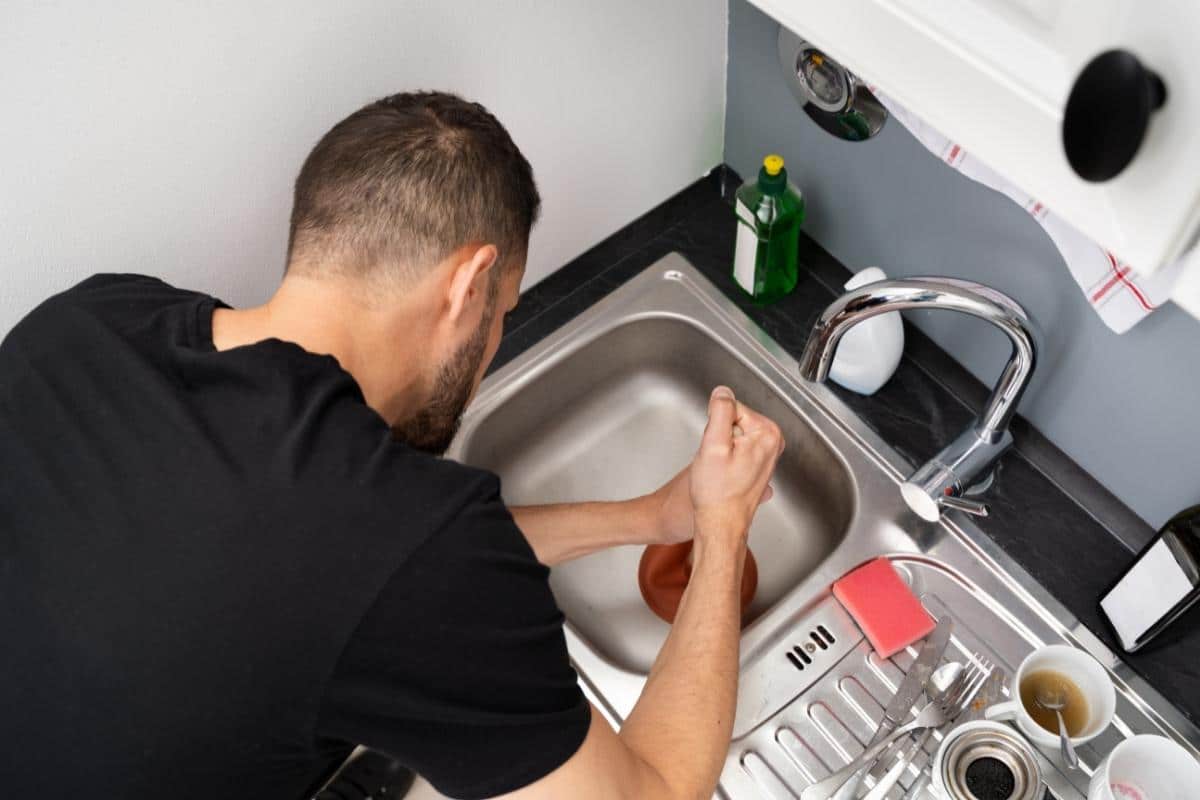
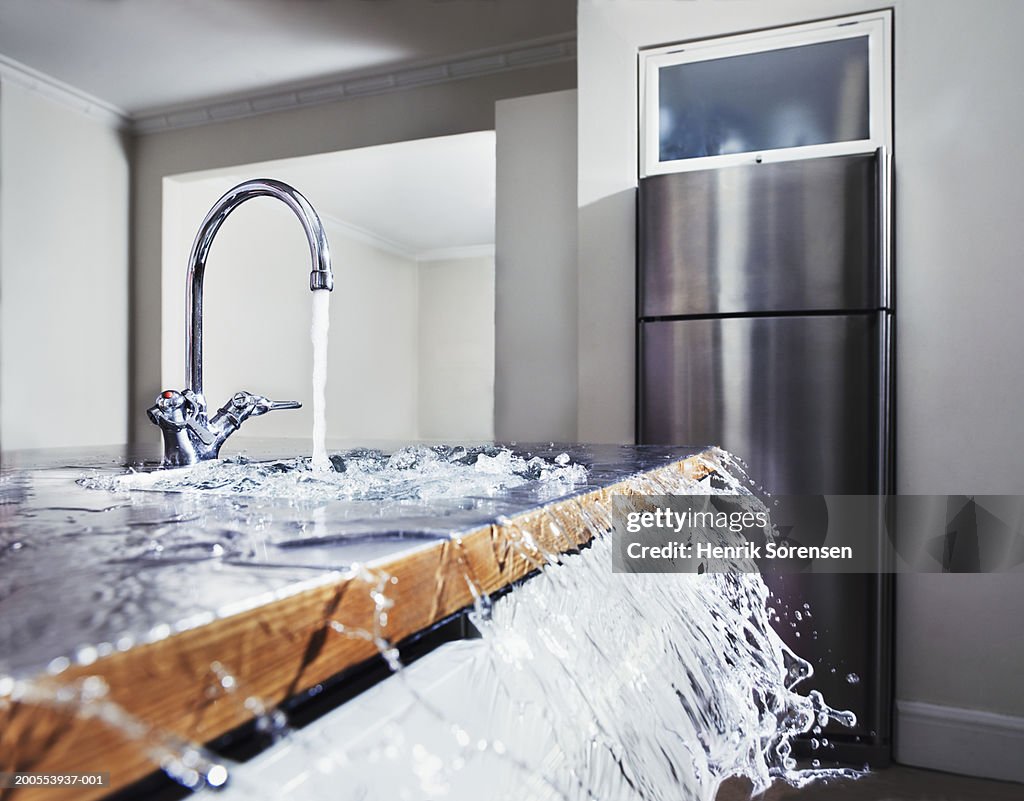
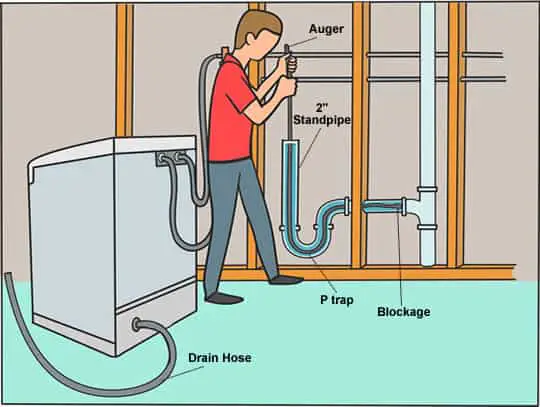






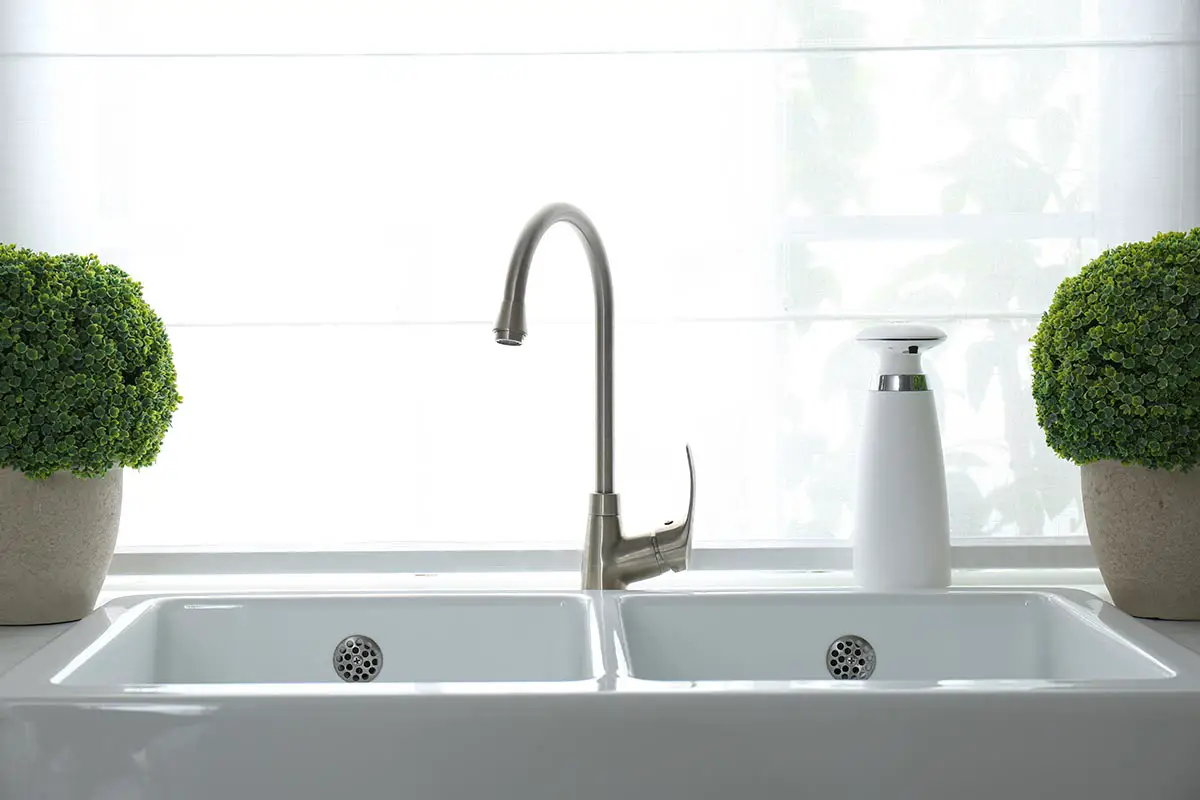



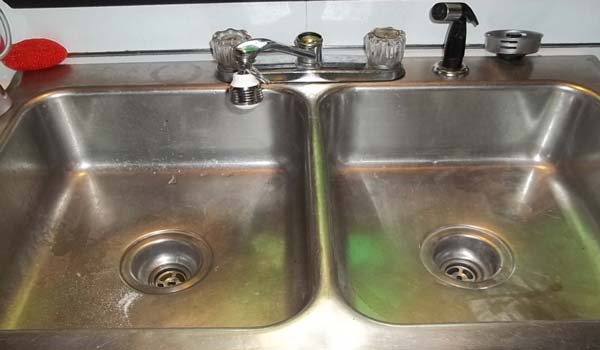





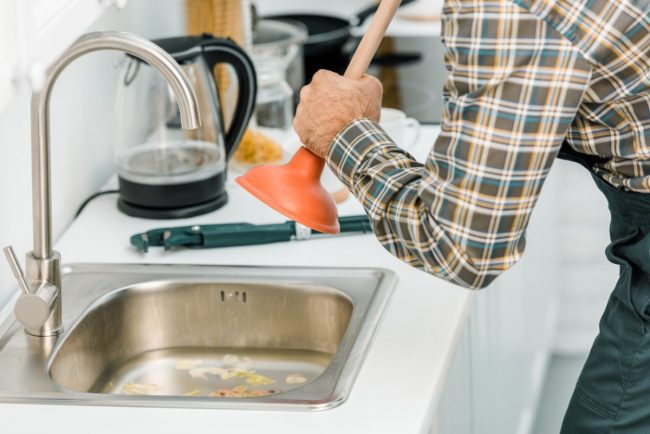








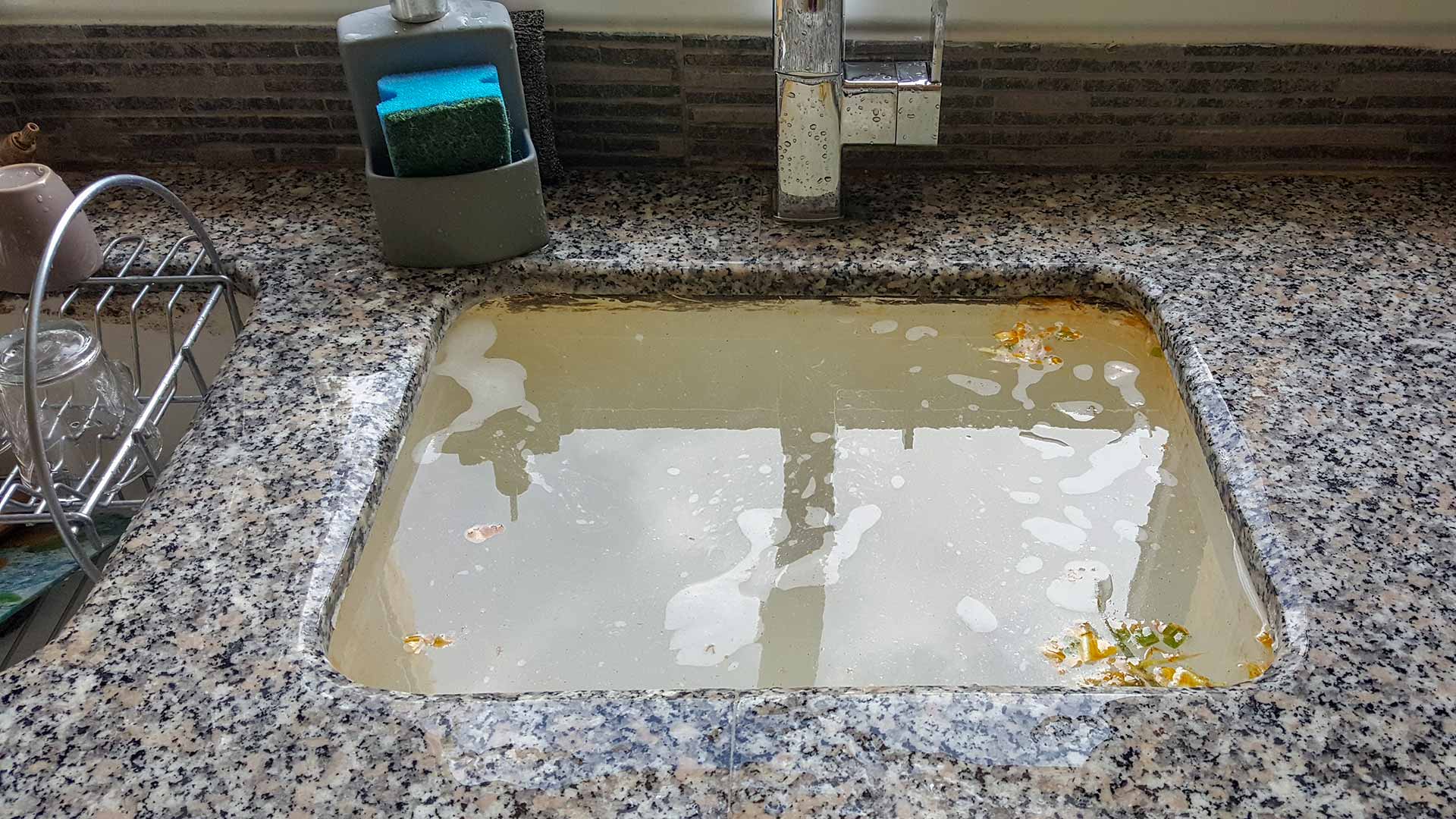

/water-overflowing-in-kitchen-sink-200553937-001-5797e6335f9b58461f5a6736.jpg)


:max_bytes(150000):strip_icc()/close-up-of-overflowing-bathroom-sink-90201417-579787783df78ceb865822d8.jpg)
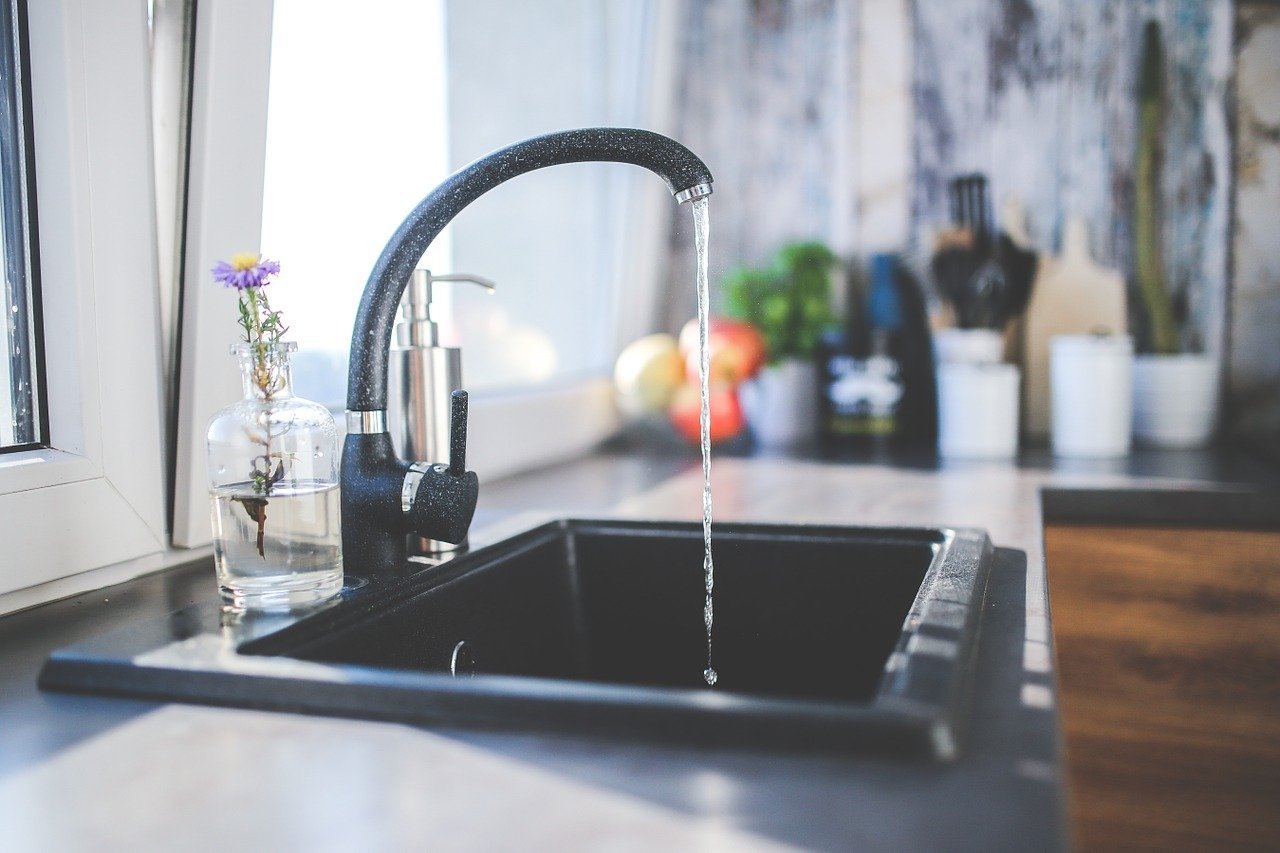


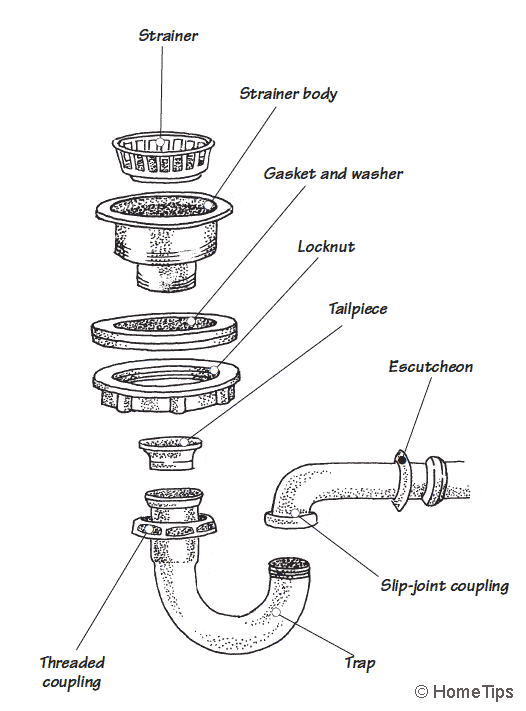

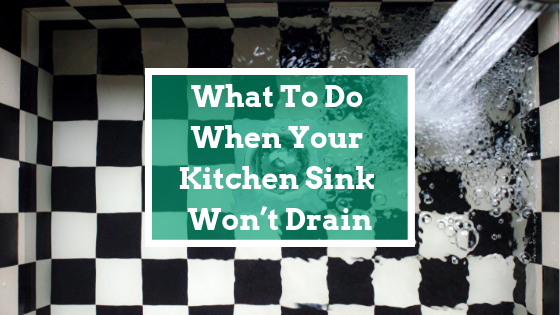

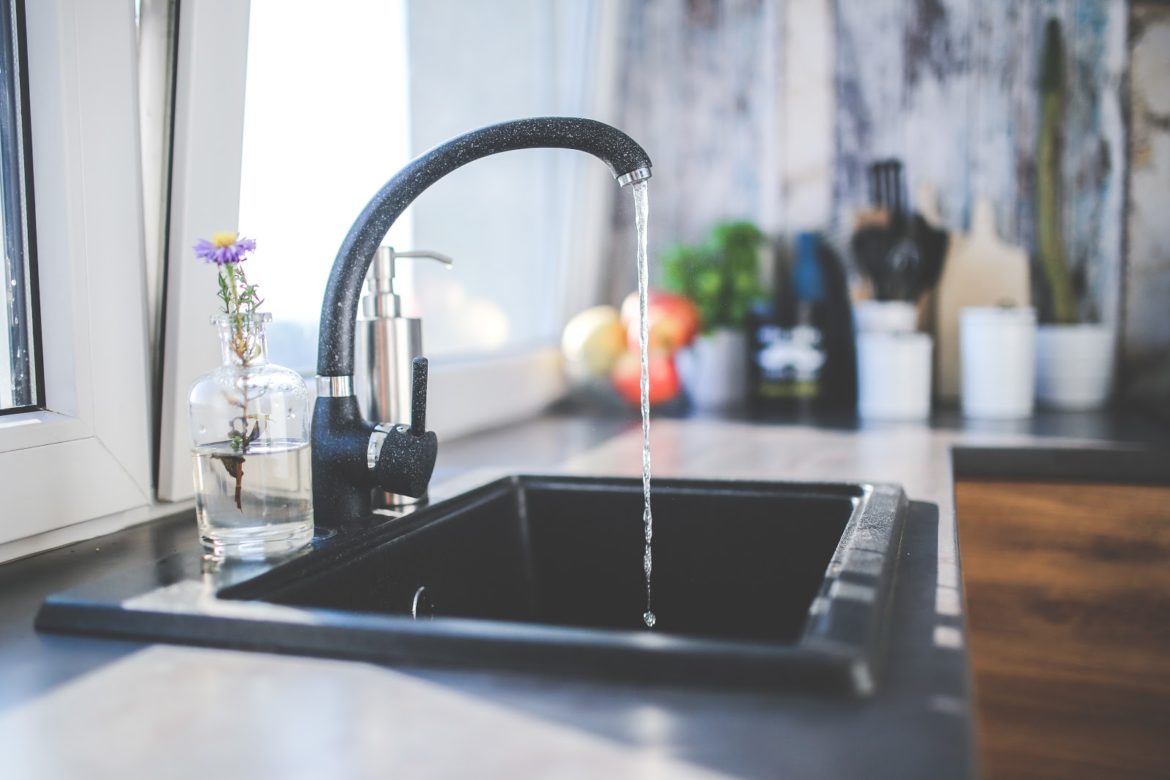

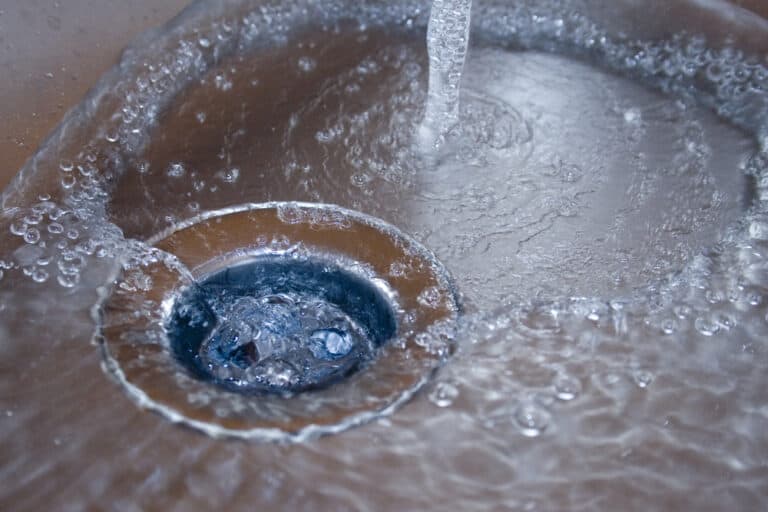
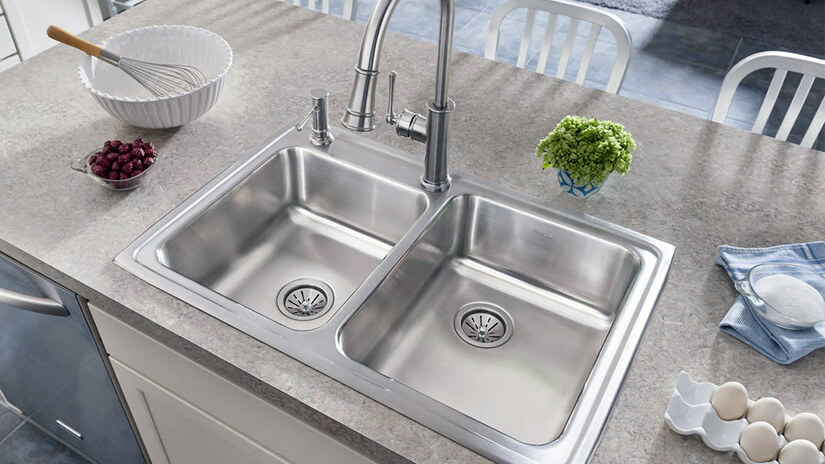


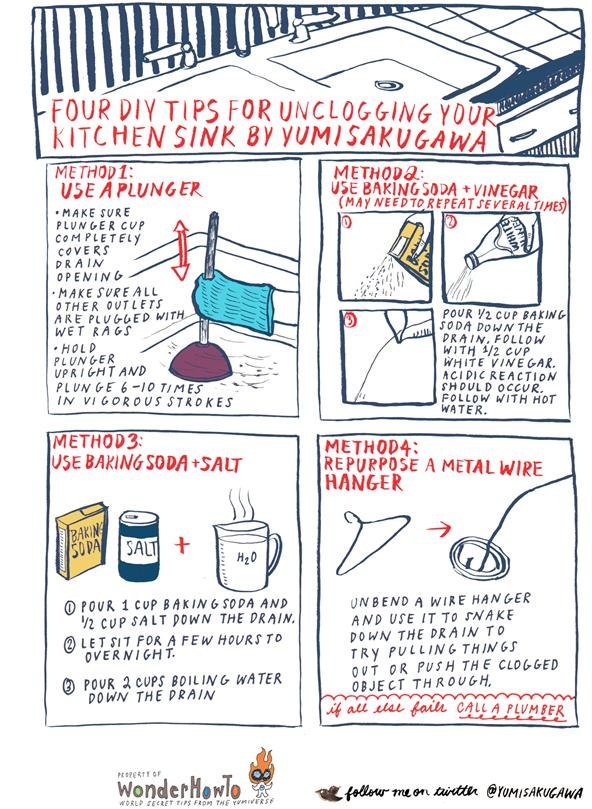


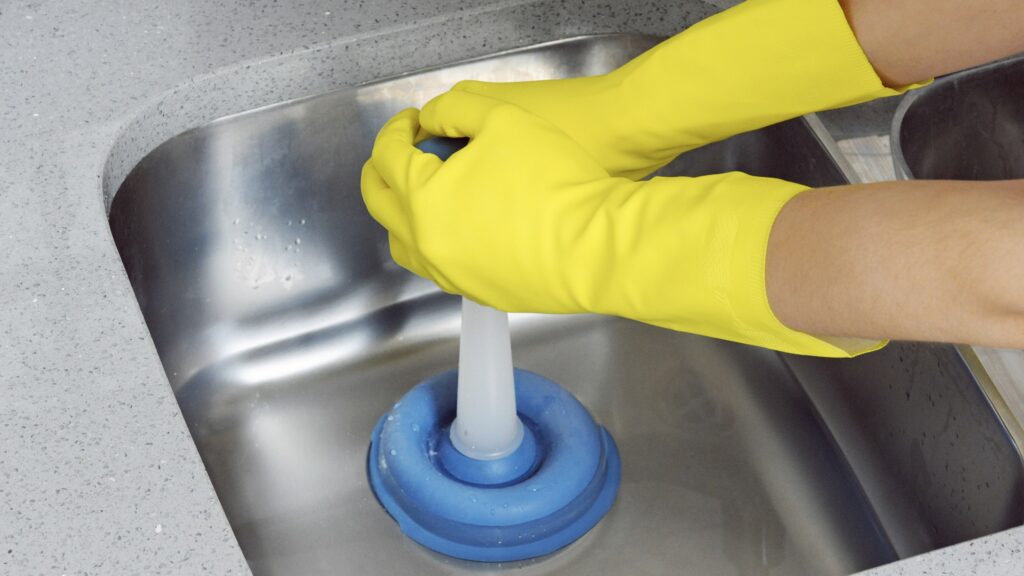
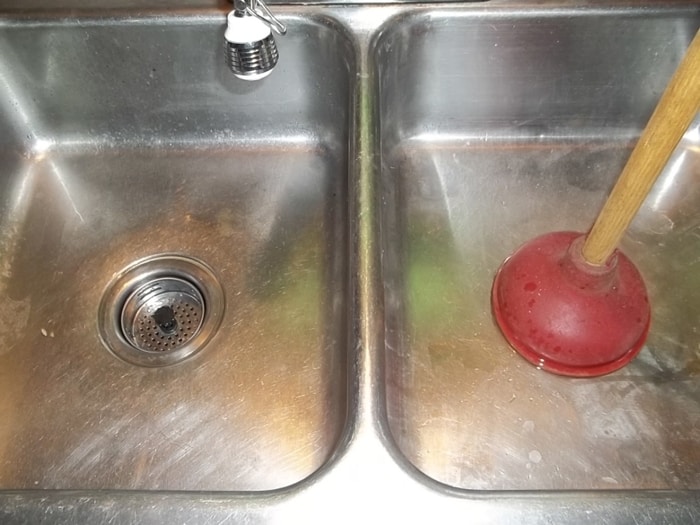
:max_bytes(150000):strip_icc()/unclogging-a-toilet-with-a-plunger-2719030_final_horizontal_10_18-d33deec2a8084e289a5427c6745a0d32.png)


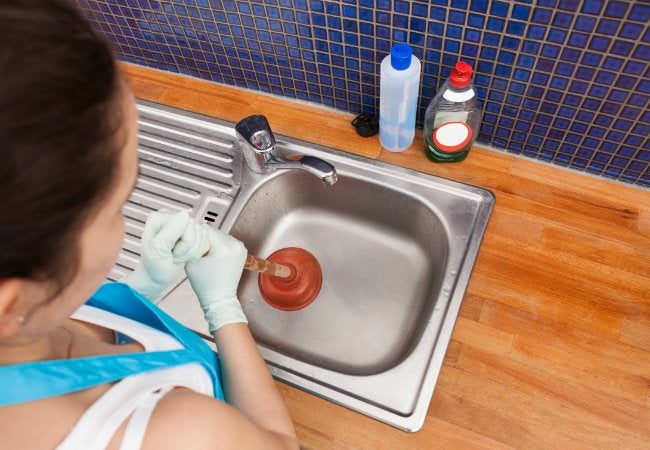






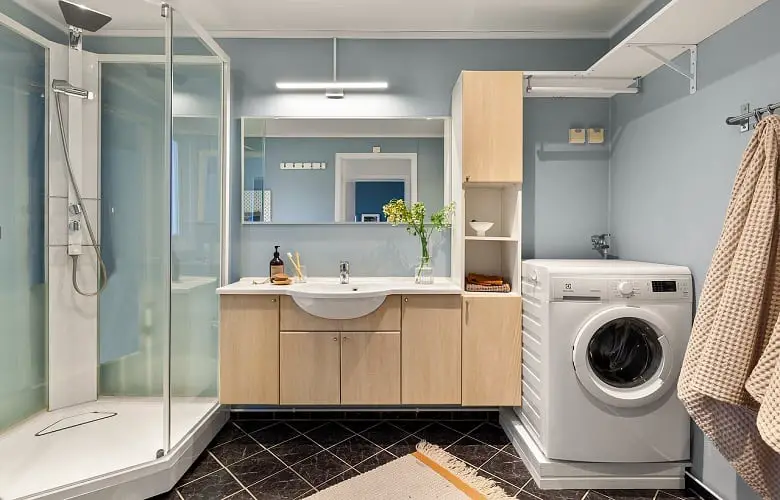

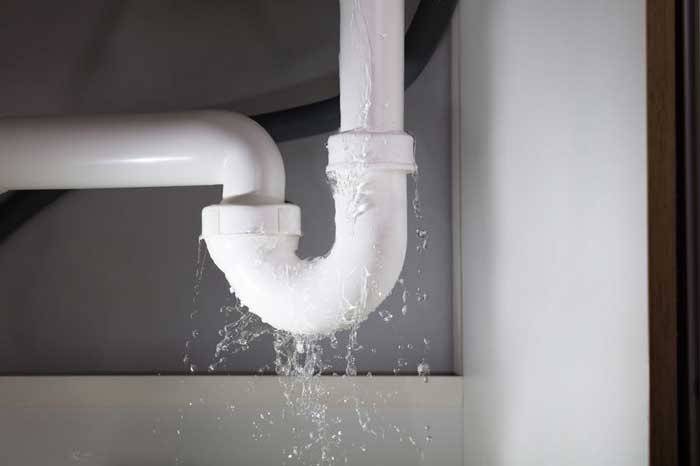
:max_bytes(150000):strip_icc()/why-does-my-kitchen-sink-smell-like-sewage-4707719_01-2030e27351fe4c6c9e1d94145dbbe30a.jpg)
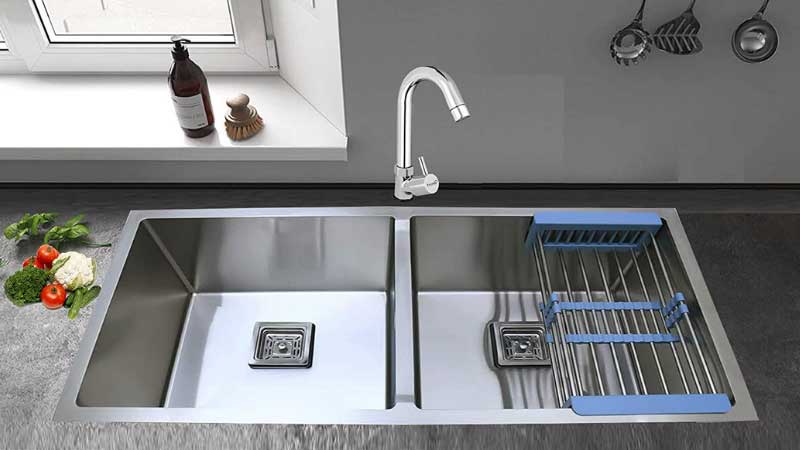






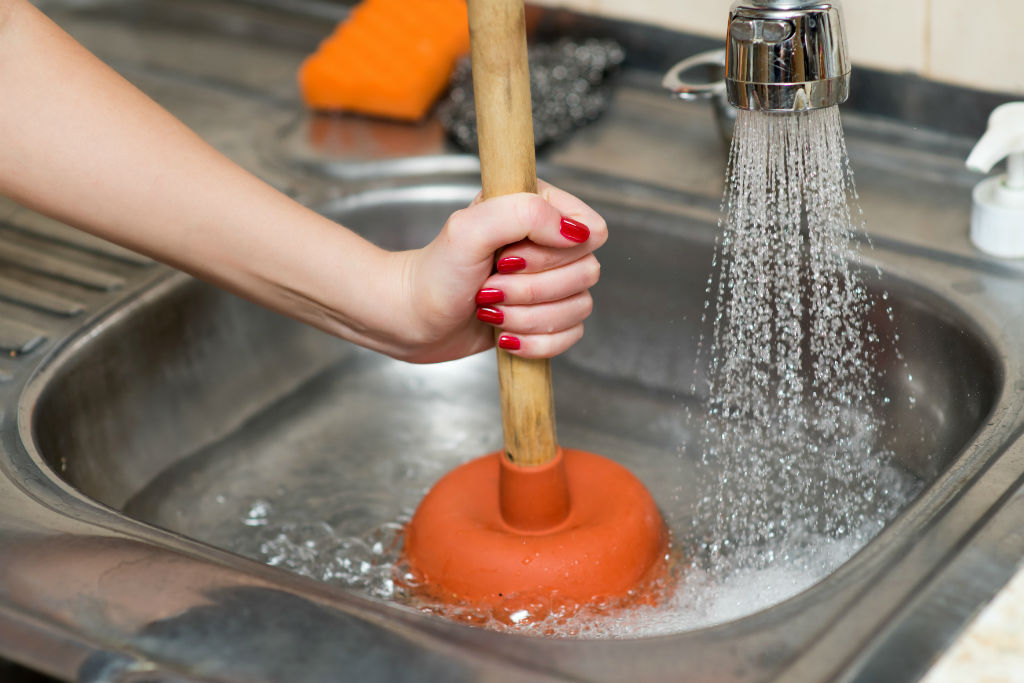
:max_bytes(150000):strip_icc()/freshen-and-unclog-drain-with-baking-soda-1900466-22-bbf940b70afa4d5abef0c54da23b1d3f.jpg)





